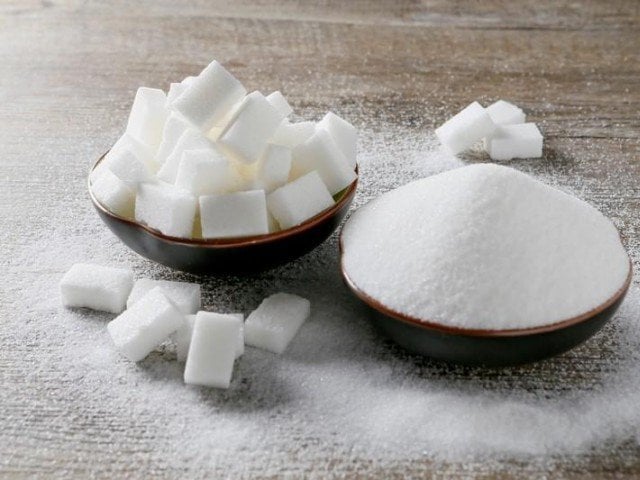
The anti-trust watchdog has opposed Punjab government’s decision to fix sugar price at Rs85 per kilogram, cautioning that the move may backfire and cause hoarding, further escalation in prices and smuggling to other provinces.
“When regulations consistently fail to achieve their desired objectives of fair prices and competition, it is perhaps prudent to reconsider them -even scrap them,” advised the Competition Commission of Pakistan (CCP) while urging to reconsider the decision to fix the price.
The CCP is mandated to ensure competition in markets by identifying and breaking cartels. But its hands have remained tied due to various legal challenges posed by the same lobbies.
The possibility of political fallout of higher prices makes governments frequently resort to regulating prices, particularly in times of high inflation and shortages, said the watchdog. The Punjab government has fixed the maximum retail price of sugar at Rs85 per kg following the federal government’s calculated ex-mill price of sugar at Rs80.
Read: 13 more sugar mills on FIA’s radar
While the commission has noted reports of alleged attempts to create artificial shortages of sugar, the commission is of the opinion that this stopgap measure of ‘fixing price’ can at best provide temporary relief to cap the excessive price increase.
“This measure fails to benefit the sector or the economy at large and the short-term benefit of fixing prices (if any) does not justify the long-term loss caused by such policies,” said the CCP.
The CCP said that the decision to fix the price was taken in the spirit of ensuring that consumers do not pay exorbitant prices, particularly in Ramazan, and protect those who cannot meet price increases, but it has “unintended consequences”.
The commission has cited a 2009 judicial faux pas in its policy note when the Supreme Court of Pakistan had fixed the sugar price at Rs40 per kg despite the price was lower than the production cost. At that time, many mills had stopped operations resulting in a severe supply shortage in the market and prices more than doubled to Rs100 per kg.
The CCP urged that better options for Pakistan than setting a price ceiling lie in deregulation, removing subsidies, and ensuring competition in the market. The CCP argued that since Punjab is the only province that fixed the price, one immediate effect could be that sugar moves to other provinces where no price ceiling is in place and it can command a higher market price.
The price control could also encourage hoarding by suppliers or impulsive buying by consumers, especially ahead of Ramazan, both of which will likely result in shortage in the market, said the antitrust watchdog.
The CCP said that the decision to fix the price may compromise the financial viability of the sugar industry.
The CCP said that all the sugar mills did not have equivalent level of efficiency, which may edge out some less efficient mills from the market.
It said that the sugar mills may be hesitant to buy sugarcane at the government’s minimum support price and could put pressure on farmers to sell sugarcane below the minimum price or they may reduce the quantity they purchase.
Also, the monitoring of such a decision to ensure that only those who are truly affected by rising prices might well require involvement of the entire bureaucracy with no guarantee of the proposed outcome.
In the past, Punjab government’s scheme of cheap wheat flour resulted in long queues of consumers wanting to purchase an extra bag of cheap wheat flour.
The CCP has also criticised the policy of protecting the sugar mills from competition by giving them export subsidies when sugar is expensive in global markets and imposing import duties when the commodity is cheaper worldwide, except Pakistan.
In October last year, the CCP had declared the Pakistan Sugar Mills Association – the representative body of the sugar barons, a “cartel” that according to it manipulated the price hike with active coordination of a senior officer of JDW Sugar Mills Group.
Read more: TCP blacklists nine sugar mills
In February 2019, the price of sugar was Rs60 per kg, which has increased to over R110 per kg, showing an increase of Rs50 or 83%. The 1.1 million metric tons sugar export decision was wrong that led to sugar price increase last year, according to the CCP.
The watchdog said that most of the problems in the sugar sector stem from both over-regulation and lack of competition.
“If the market is deregulated, with free entry and exit, regulations and repeated interventions would not be needed,” advised the CCP. In an environment of open market competition, even mandatory crushing laws would not be required.
The Punjab government may consider the viability of non-price interventions at the farm level such as introducing a revenue-sharing policy between the millers and the farmers - for instance, in some countries, there is direct payment to farmers’ model, it has suggested.
Free trade in sugar would make consumers better off by discouraging hoarding and over-pricing in the domestic market. The deregulation of the sugar market would be a better and sustainable option to promote free trade mechanisms where price signals can be effectively conveyed to all stakeholders to attract investment, increase competitiveness, and reduce distortions in local supply.







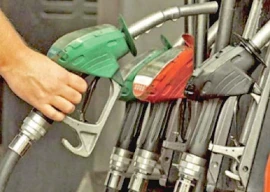
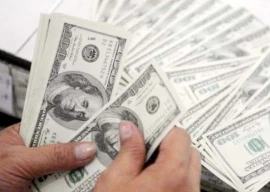



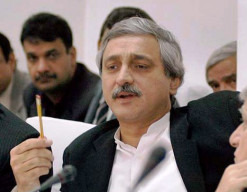

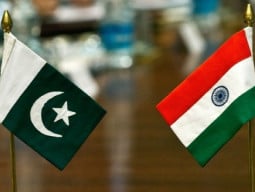






COMMENTS
Comments are moderated and generally will be posted if they are on-topic and not abusive.
For more information, please see our Comments FAQ